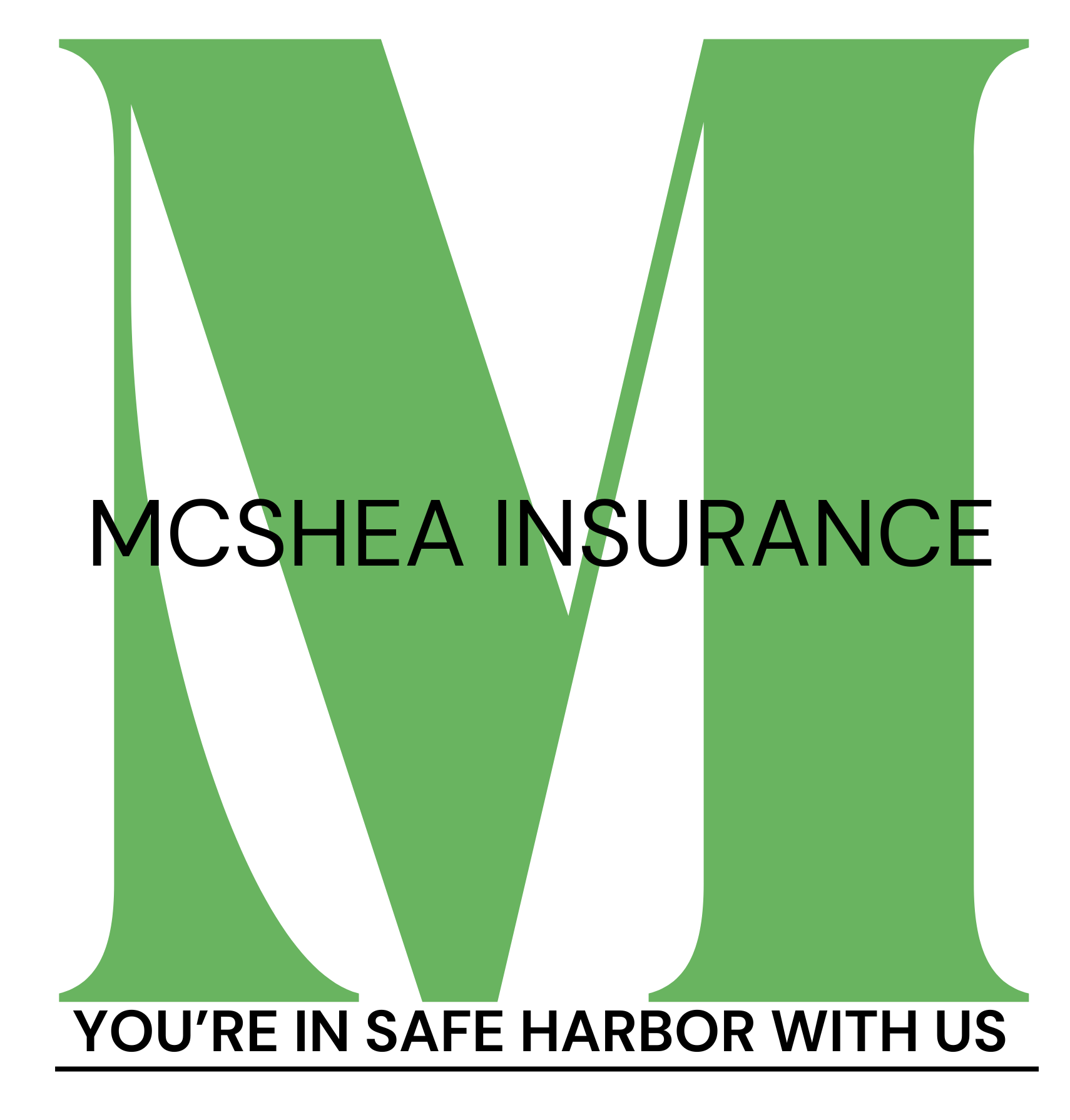(508) 420-9011 • insure@mcsheainsurance.com • 1645 Falmouth Rd, Bldg D Centerville, Massachusetts 02632
Hotel Insurance
What Is Hotel Insurance?
Hotel insurance is a comprehensive insurance package designed to protect hotels, motels, resorts, and inns from financial losses due to property damage, liability claims, business interruptions, and employee-related risks. It combines several policies to safeguard both the business and its guests.
Who Needs Hotel Insurance?
Any business in the hospitality industry should have hotel insurance, including:
- Hotels & Motels
- Luxury Resorts
- Boutique Hotels & Inns
- Extended Stay & Serviced Apartments
- Bed & Breakfasts
- Hostels & Lodges
If your business provides
accommodations, food service, or event hosting, having the right insurance is essential to protect against unexpected losses.
Key Insurance Policies for Hotels
A customized hotel insurance package should include the following essential coverages:
Commercial Property Insurance: Covers damage to the building, furniture, fixtures, and inventory due to fire, storms, vandalism, or theft.
General Liability Insurance: Protects against guest injuries, property damage, and lawsuits resulting from slips, falls, or accidents on hotel premises.
Business Interruption Insurance: Replaces lost income if the hotel has to close temporarily due to fire, natural disasters, or other covered events.
Liquor Liability Insurance: Required for hotels with a bar, restaurant, or room service alcohol sales. Covers liability claims arising from intoxicated guests causing harm.
Workers’ Compensation Insurance: Covers medical expenses and lost wages for hotel employees injured while working. Required by law in most states.
Cyber Liability Insurance: Protects against data breaches, guest information leaks, and credit card fraud affecting hotel booking systems and POS terminals.
Commercial Auto Insurance: Covers hotel shuttles, valet services, and other business-use vehicles. (if applicable)
Umbrella Insurance: Provides extra liability coverage beyond general liability, protecting against high-cost lawsuits.
Common Risks in the Hotel Industry
Hotels face unique risks that can result in financial and legal issues without the right coverage:
- Guest slip-and-fall accidents
- Fire, flooding, or severe storm damage
- Food poisoning or allergic reactions from hotel restaurants
- Liquor-related injuries or incidents
- Employee injuries from housekeeping, kitchen, or maintenance work
- Data breaches compromising guest information
Most Frequent Claims in the Hotel Industry
Hotels file claims most often for:
- Property Damage: Fires, burst pipes, or vandalism to hotel buildings and amenities.
- Guest Injuries: Slips, falls, or accidents in rooms, pools, or event spaces.
- Food & Beverage Incidents: Contaminated or improperly prepared food causing illness.
- Liquor Liability: Claims from intoxicated guests causing harm or property damage.
- Cyberattacks: Hacking of booking systems or guest credit card data theft.
Commonly Overlooked Coverage Gaps
Many hotel owners underestimate their risk exposure, leaving them vulnerable to uninsured losses. Common gaps include:
- Insufficient Business Interruption Coverage: Policies may not cover longer shutdowns due to major disasters.
- Cybersecurity Risks: Many hotels lack cyber insurance, despite handling sensitive guest data and credit card information.
- Liquor Liability Exclusions: Some general liability policies don’t cover alcohol-related incidents, requiring separate liquor liability coverage.
- Flood & Earthquake Insurance: Standard property insurance does not cover floods or earthquakes—these require separate policies.
- Employment Practices Liability Insurance (EPLI): Protects against claims of discrimination, harassment, or wrongful termination from employees.
About McShea Insurance
For nearly 40 years, McShea Insurance Agency has been a trusted partner for businesses and families across Cape Cod and all of Massachusetts. As a family-owned agency, we take a hands-on approach to finding the right coverage, building lasting relationships, and putting our clients first—every step of the way. Over the years, we have grown and expanded our reach, now proudly serving clients in New Hampshire, Rhode Island, Connecticut, and Florida, while continuing to provide the same dedicated service and expertise.
Quick Links
Get in Touch
Phone: (508) 420-9011
Fax: (508) 420-9010
Email: insure@mcsheainsurance.com
Office Address:
McShea Insurance Agency
1645 Falmouth Rd Bldg. D
Centerville, MA 02632
Business Hours:
Monday – Friday: 8:30 AM – 4:30 PM
Saturday – Sunday: Closed
Website Designed by Brand Accomplished, all rights reserved

